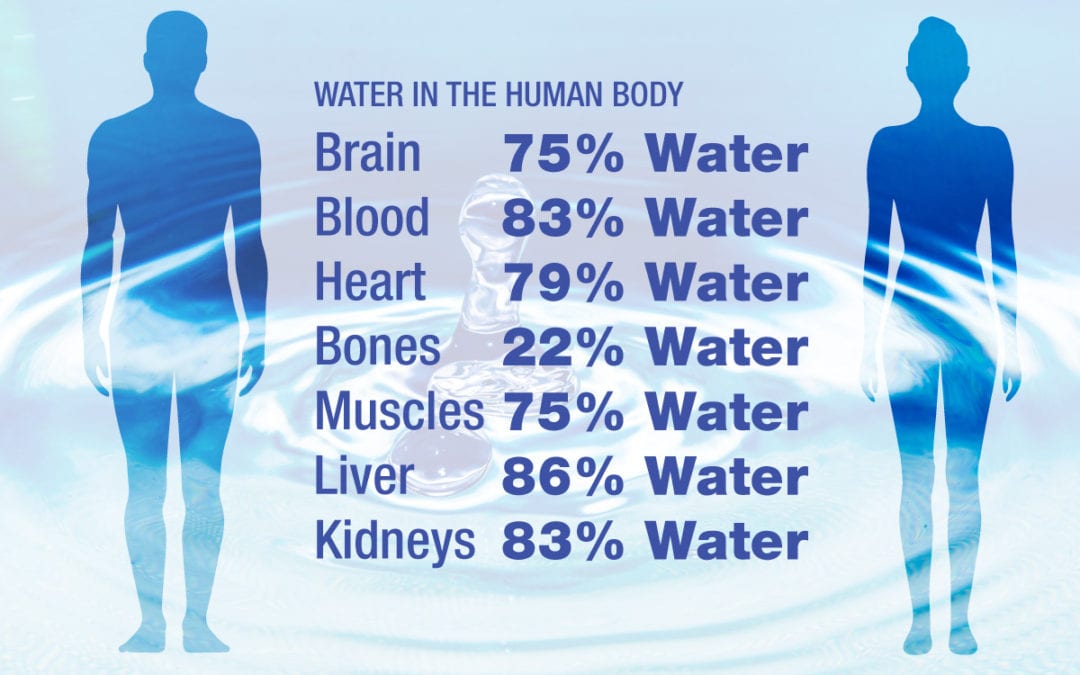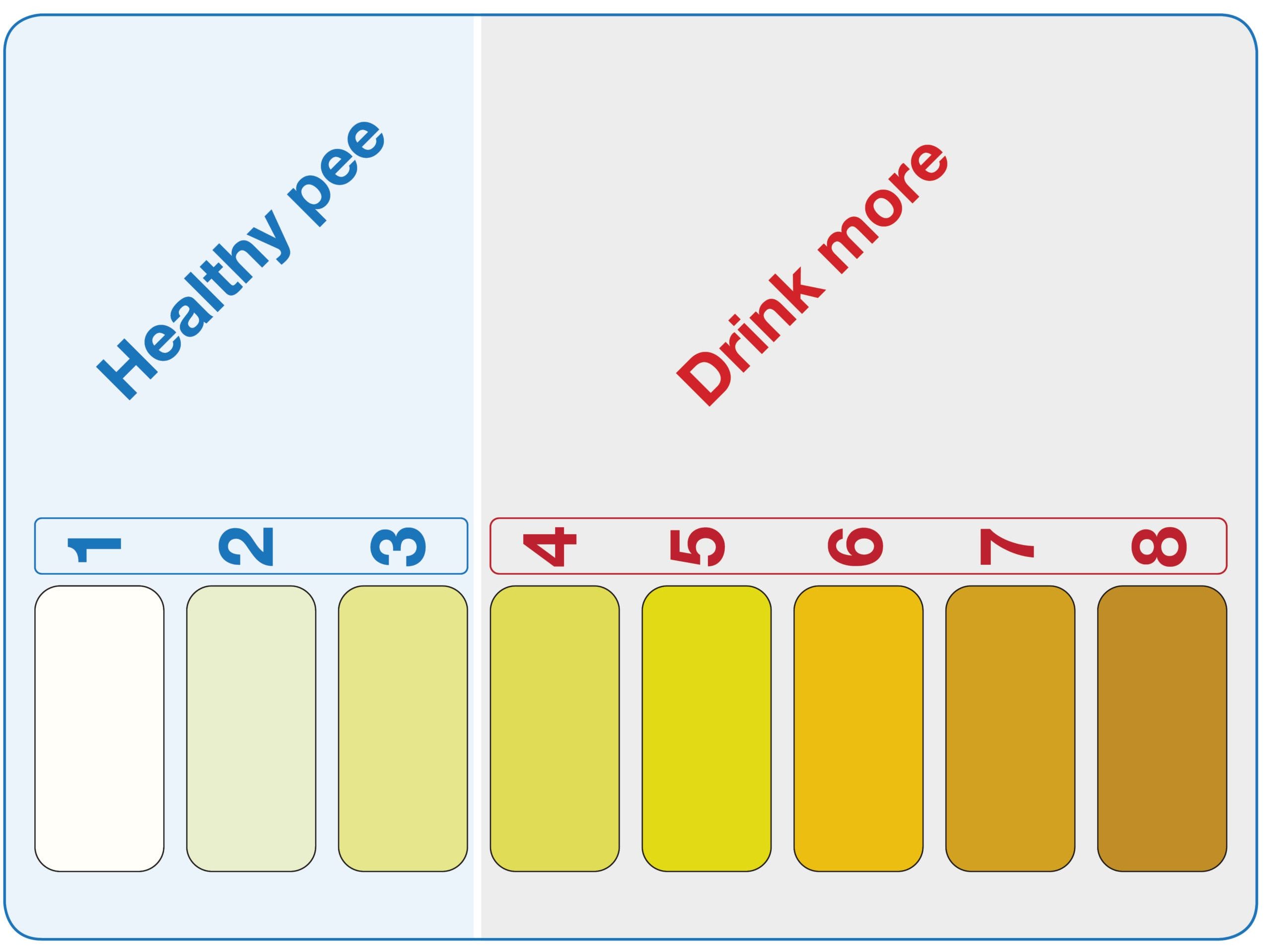Keep it pure and clean for the soul to reside in.” – BKS Iyengar, yoga teacher & author of ‘Light On Yoga’ But most of us aren’t drinking enough water so we’re in a chronic state of mild dehydration and might not even know it. Ancient yogis knew about the healing and purifying power of water and so observed the principle of Saucha – cleanliness and purity. Practicing Saucha is much more than just showering regularly and brushing your teeth every day. It’s about keeping the body and all its systems pure from the inside out. It’s about nourishing our trillions of cells by drinking plenty of water every single day. By honoring Saucha daily we are practicing yoga off the mat and each glass of water we take is an offering to our body temple. Remember, the ultimate aim in yoga is to unite the mind, body, emotions, and spirit so we can transcend limited perceptions and suffering. The final stage of yoga is Samadhi – a state of self-realization, deep inner knowing, and profound bliss. We cannot move forward to the other stages of yoga if we don’t first strengthen the body by nourishing it with energy-giving foods and proper hydration. A weak body leads to a weak mind, a weak energy field, and weak spirit. A dehydrated body (even if it’s mild) is a weak body.
The Dangers of Chronic Dehydration:
Your body is made up of roughly 60% percent water. In states of dehydration, less important areas of your body such as spinal discs, joints, skin, digestive system, and other organs receive less water. Your nervous system cleverly distributes water (and other resources) to its highest priority areas. This is why dehydration can cause symptoms.” – Dave Hompes Functional Nutrition Practitioner Every cell in your body, every organ, and every tissue needs water’s life-giving elements to survive and thrive – even more so than food. 75% of your brain is made up of water. 83% of your blood is water. Your muscles, heart, liver, kidneys – are all made up of mostly water. So what do you think happens when you don’t consume enough fluids? Your organs suffer. Your bodily systems suffer – your digestion, your immunity, your detox abilities.
Signs of dehydration include:
thirst or hunger pangs craving sugary drinks dry mouth increased hunger hormone levels decreased fullness hormone levels dark yellow pee dry skin headaches muscle cramps increased insulin sensitivity weight gain bad breath mood imbalances
Dehydration isn’t just about physical symptoms. It’s been shown to also impact a person’s mood and increase anxiety. Two studies from the University of Connecticut’s Human Performance Laboratory found that: Another study published in the publication Appetite found that there was a direct correlation between the amount of water consumption and women’s mood levels. The tests showed that it didn’t matter if a person had just walked for 40 minutes on a treadmill or was sitting at rest – the adverse effects of mild dehydration were the same.” (1) The greater the water intake, the better the mood. (2)
As dehydration worsens, so do the symptoms and health risks:
extremely dark yellow pee or no pee at all extremely dry and flaky skin Dizziness Increased body temperature Increased breathing rate Increased heartbeat Irritability Lethargy Confusion Increased risk of kidney stones
Severe dehydration is a serious and urgent medical emergency that can lead to potentially fatal complications such as seizures and cardiac arrhythmia. (3)
The Health Benefits of Water & The Importance of Hydration:
You can combat those scary dehydration side effects by increasing the number of glasses of water you drink on a daily basis. – Slovakian Proverb This will have a quick positive impact on your overall health.
Health benefits of optimal fluid intake:
Lubricates joints and connective tissue Reduces symptoms of arthritis Improves brain function and supports the production of hormones and neurotransmitters Balanced blood pressure Regular bowel movements and improved digestion Strengthened immunity in order to fight infections better Kidney health and reduced risk of urinary tract infections Helps the body detox Heart health Supports cellular health, turnover, and reproduction Healthy blood flow Improved physical performance during workouts Supports weight loss and healthy weight management as you’re likely to consume fewer calories Glowing skin, even complexion, fewer wrinkles
How Much Water Should You Drink In A Day?
The standard recommended daily water intake for the average person is 80 fl. oz. or just under 2.5 liters. Water is a nutrient. Water dissolves all the minerals, proteins, starch, and other water-soluble components and, as blood carries them around the body for distribution. Think of blood as seawater that has a few species of fish in it – red cells, white cells, platelets, proteins, and enzymes that swim to a destination. The blood serum has almost the same mineral consistency and proportions as seawater.” – F. Batmanghelidj, M.D., Researcher & Author of Your Body’s Many Cries for Water
Other factors also influence how much water you should be drinking:
If you drink a lot of coffee, remember that caffeine is a diuretic so you’ll need to compensate for the fluid loss. If you have a high activity level and participate in regular sweaty workouts such as hot yoga you’ll need to increase your water consumption. If you had a night of drinking alcohol or have a hangover, you’ll need to drink more water too. If you’re sick and vomiting, you’ll also need to drink more water.
Best Times To Drink Water:
Drink 1-2 400 ml glasses of water as soon as you wake and definitely before you drink your cup of coffee. Drink a glass of water whenever you feel hungry. Drink a glass of water after each workout. Drink a glass of water after each alcoholic drink.
Remember, water can help to keep your gut healthy and your digestion in tip-top shape: DO: Drink a glass of water 30 minutes before your meal to prep your belly for feeding time. This will help you break down and digest your food better. DON’T: Drink water right after a meal, wait at least 1.5 – 2 hours after you finish eating so as to not dilute the gastric juices, acids, and enzymes.
Other Hydrating Options:
Consume foods with high water content and make that a big part of your daily diet. (Aim for 50-60%) Increasing your consumption of these foods does NOT mean that you drink less water than mentioned above, though.
These hydrating foods are meant to be eaten in addition to your daily water intake:
celery cucumber lettuce tomatoes watermelon zucchini spinach strawberries broccoli kale apples pineapple lemon
Soft drinks and sparkling water do NOT count as part of your daily water intake. REFERENCES : (1) http://today.uconn.edu/2012/02/even-mild-dehydration-can-alter-mood/ (2) https://www.ncbi.nlm.nih.gov/pubmed/25963107 (3) https://www.ncbi.nlm.nih.gov/pmc/articles/PMC4712283/





